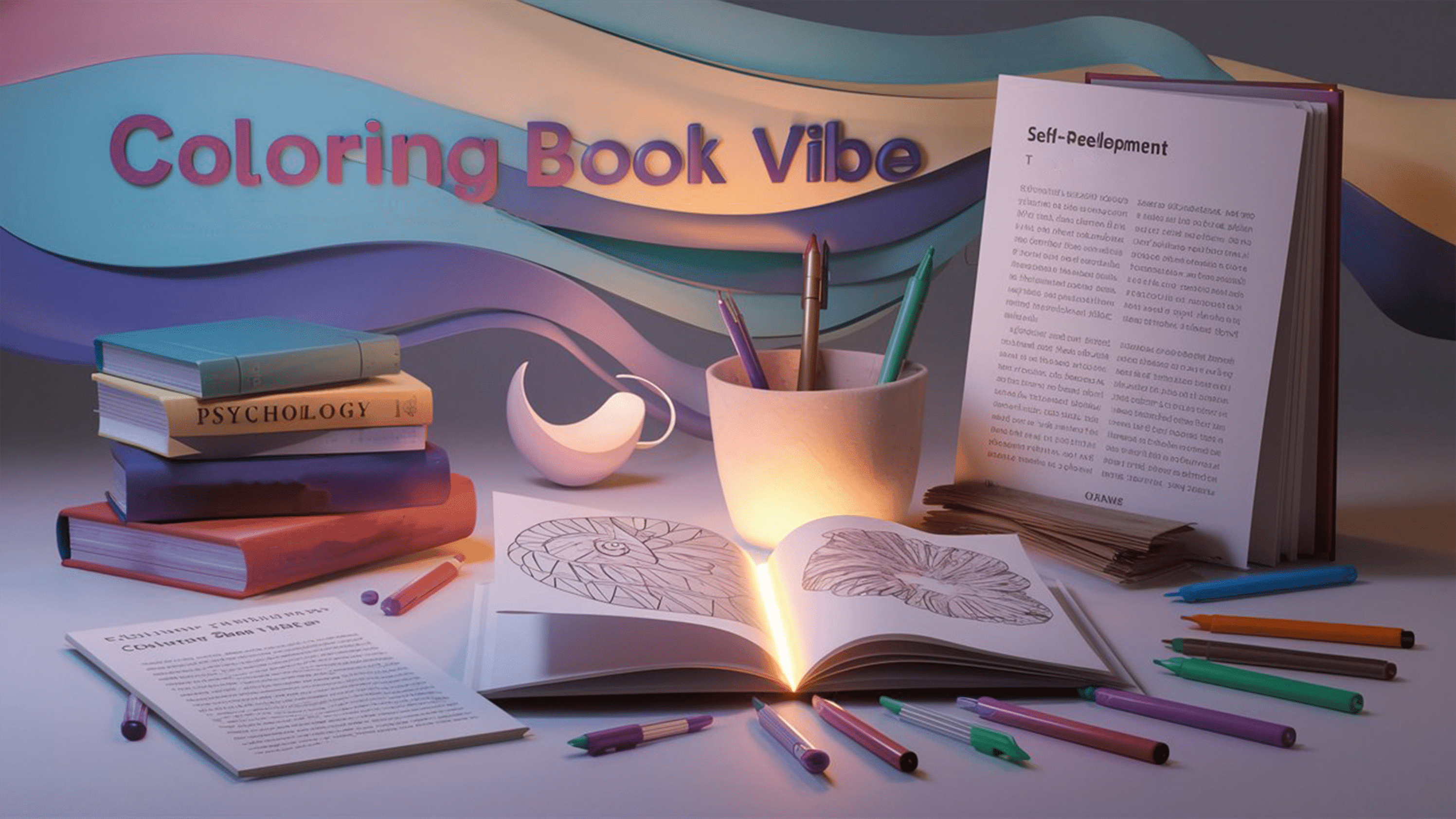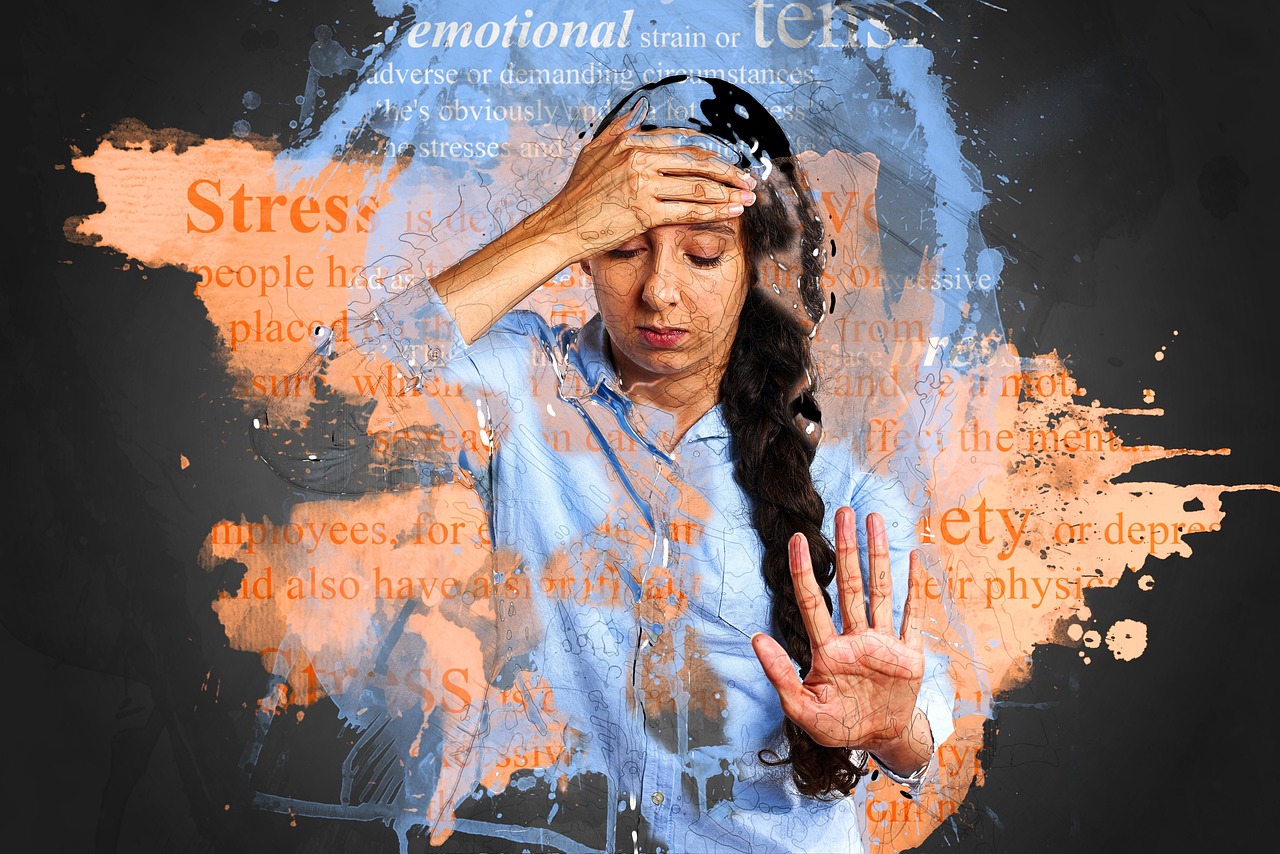Health anxiety, also known as illness anxiety disorder, is a condition where individuals constantly worry about their health, even when there’s no medical reason to be concerned. This can lead to excessive worry about symptoms, frequent doctor visits, and even physical symptoms caused by stress. Managing health anxiety requires a combination of mental, emotional, and physical strategies aimed at reducing fear, improving mindfulness, and developing a healthier relationship with your body.
In this article, we will explore practical ways to stop worrying about your health, reduce health anxiety, and live a more balanced and fulfilling life. We’ll also discuss how mindfulness, cognitive behavioral therapy (CBT), and other lifestyle changes can help in managing health anxiety.
1. Understanding Health Anxiety
Keywords: health anxiety, illness anxiety disorder, constant worry about health, symptoms of health anxiety
Health anxiety is driven by an over-focus on one’s physical health and a fear of developing or already having a serious medical condition. People with health anxiety frequently interpret normal body sensations (like a headache or muscle twitch) as signs of severe illness. This persistent worry can become all-consuming and disrupt daily life.
Common Symptoms of Health Anxiety:
- Constant worry about health, despite medical reassurance
- Frequent self-examination or “body checking” for signs of illness
- Seeking excessive reassurance from doctors, family, or friends
- Avoiding medical information or obsessively researching symptoms online (often referred to as “cyberchondria”)
- Difficulty concentrating on anything other than potential health concerns
- Experiencing stress-related physical symptoms, such as muscle tension, stomach issues, or headaches
Understanding that these behaviors stem from anxiety rather than actual health issues is the first step in overcoming the problem.
2. Causes and Triggers of Health Anxiety
Keywords: causes of health anxiety, health anxiety triggers, why do I have health anxiety
Several factors can contribute to health anxiety, including personal history, psychological predispositions, and environmental triggers.
Common Causes of Health Anxiety:
- Past Health Scares: A personal history of a serious illness, or witnessing a loved one experience illness, can heighten fears of developing a disease.
- Family History: Having family members who excessively worry about health or suffer from anxiety can influence your own approach to health concerns.
- Personality Traits: Perfectionists and those who tend to focus on details might be more prone to health anxiety. The need for control can manifest as an obsession with physical health.
- Media Influence: The internet and media coverage of diseases can heighten health anxiety. Constant exposure to health-related information, especially during global pandemics or public health crises, may trigger anxious thoughts.
- Past Trauma: Trauma or high levels of stress in other areas of life can sometimes be displaced onto health worries.
By identifying your triggers, you can begin to manage and reduce the anxiety that accompanies them.
3. Cognitive Behavioral Therapy (CBT) for Health Anxiety
Keywords: CBT for health anxiety, cognitive behavioral therapy, stop health anxiety thoughts
One of the most effective treatments for health anxiety is Cognitive Behavioral Therapy (CBT). CBT focuses on changing negative thought patterns that fuel anxiety, and replacing them with more realistic, helpful thoughts. It also involves gradually reducing behaviors like reassurance-seeking and body checking.
How CBT Helps Manage Health Anxiety:
- Challenging Negative Thoughts: CBT teaches you to recognize and challenge catastrophic thoughts about your health. For example, instead of thinking “I have a headache, so I must have a brain tumor,” CBT encourages you to think, “A headache is common and can be caused by stress or dehydration.”
- Behavioral Changes: CBT helps you reduce behaviors that feed anxiety, such as excessive doctor visits or Googling symptoms. By facing your fears and avoiding these behaviors, you’ll start to regain control over your anxiety.
- Exposure Therapy: In some cases, therapists may use exposure therapy to gradually expose you to your fears in a controlled way. For example, if reading medical articles triggers your anxiety, you might slowly reintroduce this activity while learning to manage your response.
Studies show that CBT can significantly reduce health anxiety, and many individuals feel relief after a few months of regular therapy.
4. Mindfulness and Health Anxiety
Keywords: mindfulness for health anxiety, mindful techniques, stop worrying about health with mindfulness
Mindfulness is a valuable tool for managing health anxiety because it encourages you to focus on the present moment and observe your thoughts without judgment. It helps you become aware of how your thoughts can escalate anxiety and teaches you to respond more calmly.
Mindfulness Practices to Manage Health Anxiety:
- Mindful Breathing: Focus on your breath when anxiety strikes. Deep breathing slows down your body’s stress response, which can help prevent anxious thoughts from spiraling out of control.
- Body Scan Meditation: Instead of fearing every sensation in your body, use a body scan to observe each part without judgment. This practice helps you notice sensations without labeling them as symptoms of illness.
- Observe, Don’t Engage: When an anxious thought arises, simply acknowledge it without following the worry further. For instance, if you think, “What if I’m sick?” observe the thought but don’t engage with it by spiraling into worst-case scenarios.
Mindfulness helps retrain your brain to remain calm in the face of anxiety, reducing the urge to overanalyze physical sensations.
5. Limiting Reassurance-Seeking Behaviors
Keywords: stop reassurance-seeking, health anxiety behaviors, how to stop Googling symptoms
People with health anxiety often seek reassurance from doctors, friends, or family members to calm their fears. While reassurance may provide temporary relief, it reinforces the anxious thought cycle over time. The more you seek reassurance, the more dependent you become on external validation, which perpetuates the anxiety.
Strategies to Reduce Reassurance-Seeking:
- Set Limits on Medical Visits: Decide on a set number of doctor’s visits per year for routine check-ups and stick to it. Avoid seeking extra appointments unless there’s a legitimate health concern.
- Cut Down on Googling Symptoms: Searching for symptoms online, often called “cyberchondria,” can escalate anxiety by presenting worst-case scenarios. Set strict boundaries for how often you look up medical information, and stick to trusted sources.
- Challenge Reassurance-Seeking Thoughts: When you feel the urge to ask for reassurance, pause and ask yourself, “Is there evidence to support my worry?” This practice helps you rely on logic instead of fear.
- Gradually Reduce Checking Behaviors: If you frequently check your body for symptoms, such as looking in the mirror for skin changes or feeling for lumps, begin to reduce these behaviors gradually. Set specific times when you’ll check (e.g., once in the morning) and stick to them.
By reducing these behaviors, you allow yourself to develop a healthier relationship with your body and decrease the frequency of anxious thoughts.
6. Lifestyle Changes to Manage Health Anxiety
Keywords: lifestyle changes for health anxiety, reduce health anxiety, stop worrying about your health naturally
Certain lifestyle changes can help reduce health anxiety by improving your overall well-being and calming your nervous system. These changes may not only reduce your focus on health worries but also promote better mental and physical health.
Tips for Lifestyle Changes:
- Regular Exercise: Physical activity releases endorphins and helps reduce overall stress. Choose activities you enjoy, whether it’s walking, yoga, or cycling.
- Balanced Diet: Eating a nutritious, balanced diet can improve your mood and energy levels. Limit caffeine and sugar, as they can exacerbate anxiety symptoms.
- Adequate Sleep: Poor sleep can increase stress and make you more prone to anxious thoughts. Develop a consistent sleep routine and create a calming bedtime environment.
- Limit Alcohol and Stimulants: Alcohol and caffeine can heighten anxiety, so try to limit consumption. Instead, focus on staying hydrated and drinking calming teas, like chamomile or peppermint.
- Engage in Hobbies: Distract your mind from health worries by engaging in hobbies or creative activities. Doing something enjoyable helps shift your focus from anxiety to relaxation.
- Spend Time Outdoors: Nature has a calming effect on the mind. Spend time outdoors, whether it’s a walk in the park, gardening, or simply sitting in a green space.
These changes support your overall well-being and help reduce the intensity of health-related fears.
7. Social Support and Health Anxiety
Keywords: social support for health anxiety, overcoming health anxiety with support, managing health anxiety with friends
Isolation can exacerbate health anxiety, as it often leaves you alone with your thoughts. Having a support system of family, friends, or a therapist can help you manage anxiety more effectively.
How Social Support Helps:
- Open Communication: Talk to trusted friends or family members about your anxiety. Sometimes just sharing your fears can relieve some of the burden.
- Support Groups: Joining a support group, either online or in person, can connect you with others who are experiencing similar issues. It helps to know that you’re not alone.
- Therapist Support: A therapist can offer guidance and teach coping mechanisms that are specifically tailored to your situation. Cognitive-behavioral therapy (CBT) is particularly effective for health anxiety.
Having people to talk to can offer reassurance and different perspectives that help balance your anxious thoughts.
8. When to Seek Professional Help
Keywords: professional help for health anxiety, therapy for health anxiety, treatment for illness anxiety disorder
While self-help strategies can be highly effective in managing health anxiety, some people may need professional assistance to fully address their fears. If health anxiety is significantly affecting your quality of life, it’s important to seek help from a mental health professional.
Signs You May Need Professional Help:
- You’re unable to control your anxiety despite trying self-help methods
- Your anxiety is affecting your work, relationships, or daily life
- You avoid medical care or excessively seek reassurance from doctors
- You experience panic attacks or severe physical symptoms due to anxiety
A psychologist or therapist trained in treating anxiety disorders can help guide you through the process of managing your health anxiety and developing healthier coping mechanisms.
Conclusion
Health anxiety can be overwhelming, but it is manageable with the right strategies and mindset. By understanding the nature of health anxiety, implementing cognitive-behavioral techniques, practicing mindfulness, and making lifestyle changes, you can reduce your worries and live a more fulfilling life. It’s important to remember that progress takes time, and setbacks are normal. However, with patience and consistent effort, you can regain control over your health-related fears and stop worrying about your health.
Always remember to seek support when needed, whether from friends, family, or mental health professionals. Managing health anxiety is not about eliminating all worries, but about learning to respond to them in a healthier, more balanced way.

The Therapeutic Power of Coloring: How Art Relieves Stress and Anxiety
Coloring has evolved from a childhood pastime into a therapeutic tool used by adults to combat stress and anxiety. The simplicity of this activity hides its profound benefits on mental health. From promoting mindfulness to stimulating creativity, coloring has emerged as an accessible and effective method for stress relief. In this article, we’ll explore how coloring provides a break from daily stressors, its effects on brain function, and how it can be incorporated into your routine as a method of coping with anxiety.
Let your imagination run free, Immerse yourself in a world of colors and beauty. Remember, your mental well-being is priceless.
Team coloringbookvibe.com

Coloring Book Vibe is a dedicated publisher of captivating coloring books, along with instructional books on drawing and coloring techniques. We are deeply passionate about the art of coloring, ensuring our designs are always intricate, beautiful, unique, and often infused with a touch of humor. We highly value our customers and always welcome feedback and suggestions. Our collection features an incredible array of coloring books across various genres, including Fantasy, Animals, Mandalas, Doodle Patterns, Floral, Landscapes, Country Scenes, and more.



